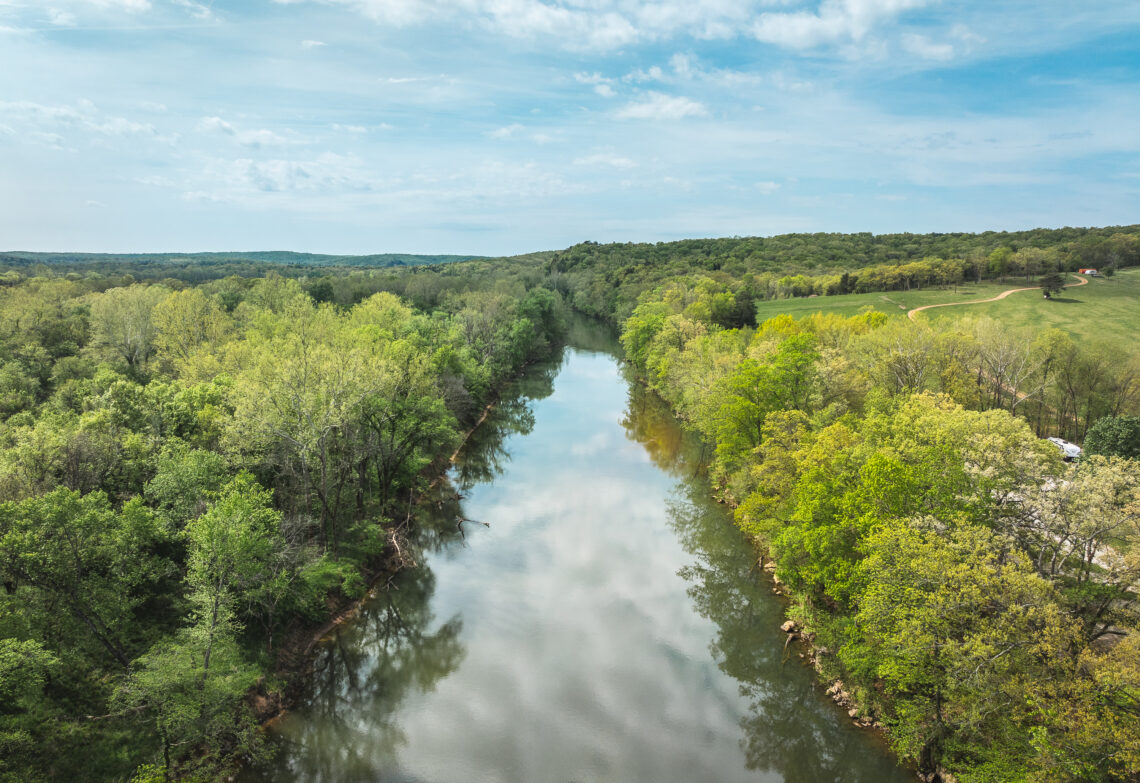How to Teach Kids Outdoor Skills During a Family Vacation: Essential Nature Lessons for Making Memories
Resort Tips
Family vacations offer perfect opportunities to teach your children valuable outdoor skills that will serve them throughout life. These moments away from screens and daily routines create natural learning environments where kids can develop confidence and self-reliance. Teaching outdoor skills during family vacations helps children build resilience by learning to adapt to unexpected situations while creating meaningful memories that last a lifetime.
When planning your next family getaway, consider incorporating activities that teach essential outdoor skills every child should learn. You don’t need to be an expert – learning together can be part of the fun. Simple skills like identifying local plants, building a basic shelter, or safely starting a campfire can transform an ordinary vacation into an adventure filled with valuable life lessons.
Planning Your Family Vacation for Optimal Outdoor Learning
A well-planned outdoor family vacation creates the perfect environment for children to develop practical skills while fostering a deeper connection with nature. Thoughtful preparation ensures both educational value and enjoyable experiences.
Selecting the Right Destination
Choose destinations that match your children’s ages and current skill levels. National parks offer varied terrain and organized programs specifically designed for young adventurers. Many parks provide junior ranger programs that combine fun with environmental education.
Consider the natural features available at each location. Mountains teach climbing skills, lakes provide swimming and water safety opportunities, while forests offer navigation practice. Research potential hazards beforehand to ensure the terrain is appropriate for your children’s abilities.
Look for destinations with family-friendly amenities like shorter hiking trails, guided programs, and emergency services nearby. The ideal location balances adventure with safety, allowing kids to stretch their abilities without unnecessary risks.
Incorporating Educational Opportunities
Before departing, research your destination’s natural and cultural history. This context helps children appreciate what they’ll experience and creates meaningful learning moments during your trip.
Plan an educational framework for your vacation that aligns with your children’s interests. If they’re fascinated by geology, visit formations with interesting rock features. For wildlife enthusiasts, schedule trips during optimal animal viewing times.
Connect with local educational resources:
- Visitor center programs and ranger talks
- Guided nature walks with experts
- Hands-on workshops (fire building, plant identification)
- Interactive museums near natural areas
Allow for unstructured exploration time where children can make their own discoveries. These moments often create the most impactful learning experiences as kids follow their curiosity.
Preparing Kids for Outdoor Activities
Start building excitement and knowledge before your trip. Show children pictures of your destination and discuss what outdoor skills they’ll learn. This mental preparation reduces anxiety about new experiences.
Involve kids in the planning process by researching activities together and letting them select some of the adventures. When children feel ownership of the plan, they’re more engaged learners.
Practice basic outdoor skills at home before your trip:
- Setting up a tent in the backyard
- Reading simple maps and using a compass
- Packing their own daypack with essentials
- Identifying common plants or animal tracks
Remember to offer encouragement and specific praise when children attempt new skills. Phrases like “I noticed how carefully you packed your gear” or “You’re becoming a strong hiker” build confidence and motivate continued effort.
Engaging Children in Skill-Building Outdoor Activities
Family vacations provide perfect opportunities to teach children practical outdoor skills that build confidence and create lasting memories. These activities not only entertain but also equip kids with valuable capabilities they can use throughout their lives.
Natural World Exploration Techniques
Start by teaching children basic observation skills through nature hikes. Encourage them to notice differences in plant types, animal tracks, and changes in terrain. This develops their attention to detail and curiosity about the natural world.
Provide each child with a small notebook and colored pencils to create nature journals. They can sketch interesting findings, press leaves, or record animal sightings.
Introduce simple navigation tools like compasses or maps appropriate for their age. Even young children can learn to follow trail markers or identify north using the sun.
Try a scavenger hunt tailored to your location. Create lists of natural items to find—different shaped leaves, specific rocks, or evidence of wildlife like feathers or tracks.
Night sky observation teaches patience and wonder. Help children identify major constellations and planets using simple star charts or smartphone apps.
Basic Survival Skills for Kids
Teach fire safety and basic fire-building techniques in appropriate settings. Show older children how to create a fire pit, gather materials, and safely manage flames. Younger kids can help collect tinder or learn about fire safety rules.
Building a simple shelter is both fun and practical. Use tarps and rope to create basic structures, demonstrating knots and explaining how shelters protect from elements.
Water safety should be prioritized during all outdoor activities. Teach children to identify safe drinking water sources and basic water purification methods when appropriate.
Practice the “stay put” rule if they ever become separated from the group. Role-play scenarios to reinforce this critical safety skill.
Introduce basic first aid appropriate for their age—treating minor scratches, recognizing poisonous plants, and understanding when to seek adult help.
Fostering Responsibility Through Environmental Stewardship
Teach the “leave no trace” principles in age-appropriate ways. Even young children can understand the concept of packing out trash and staying on designated trails. Make it a game to find and properly dispose of litter.
Involve kids in campsite maintenance. Assign age-appropriate tasks like gathering firewood, helping with meal preparation, or setting up sleeping areas. This builds confidence and practical skills.
Create opportunities for conservation activities during your vacation. Participate in beach cleanups, trail maintenance, or wildlife counts if available at your destination.
Discuss how choices impact the environment. For example, explain why it’s important to observe wildlife from a distance or why certain plants shouldn’t be picked.
Encourage questions about nature and environmental care. When children understand the “why” behind rules, they’re more likely to follow them willingly.
